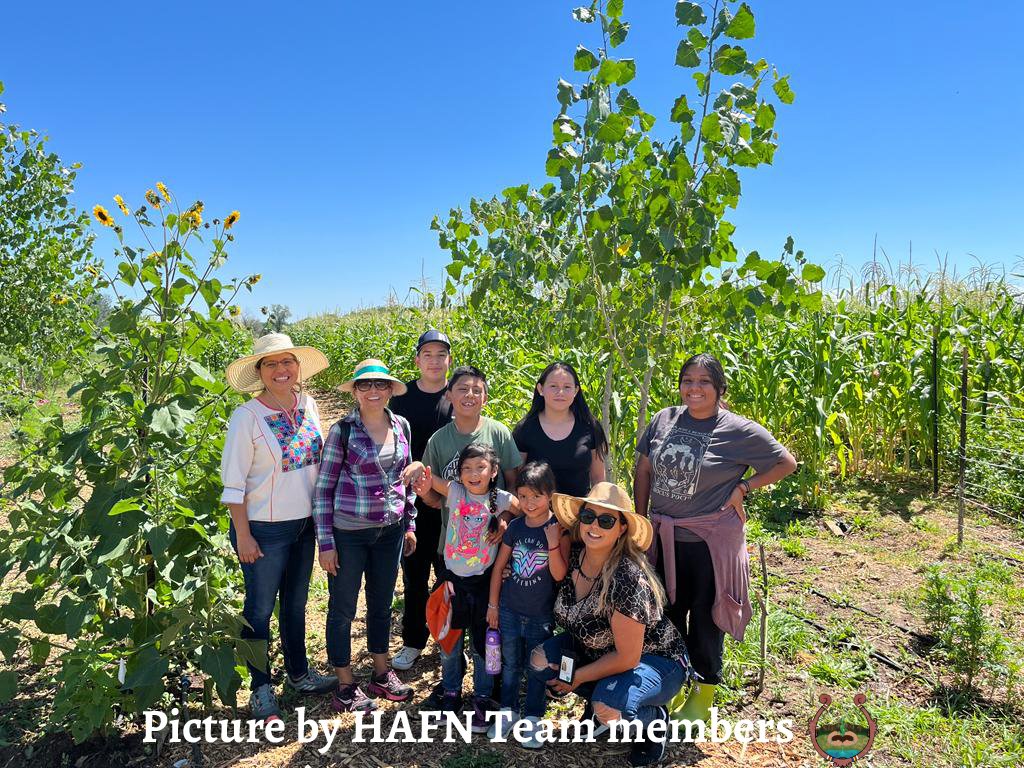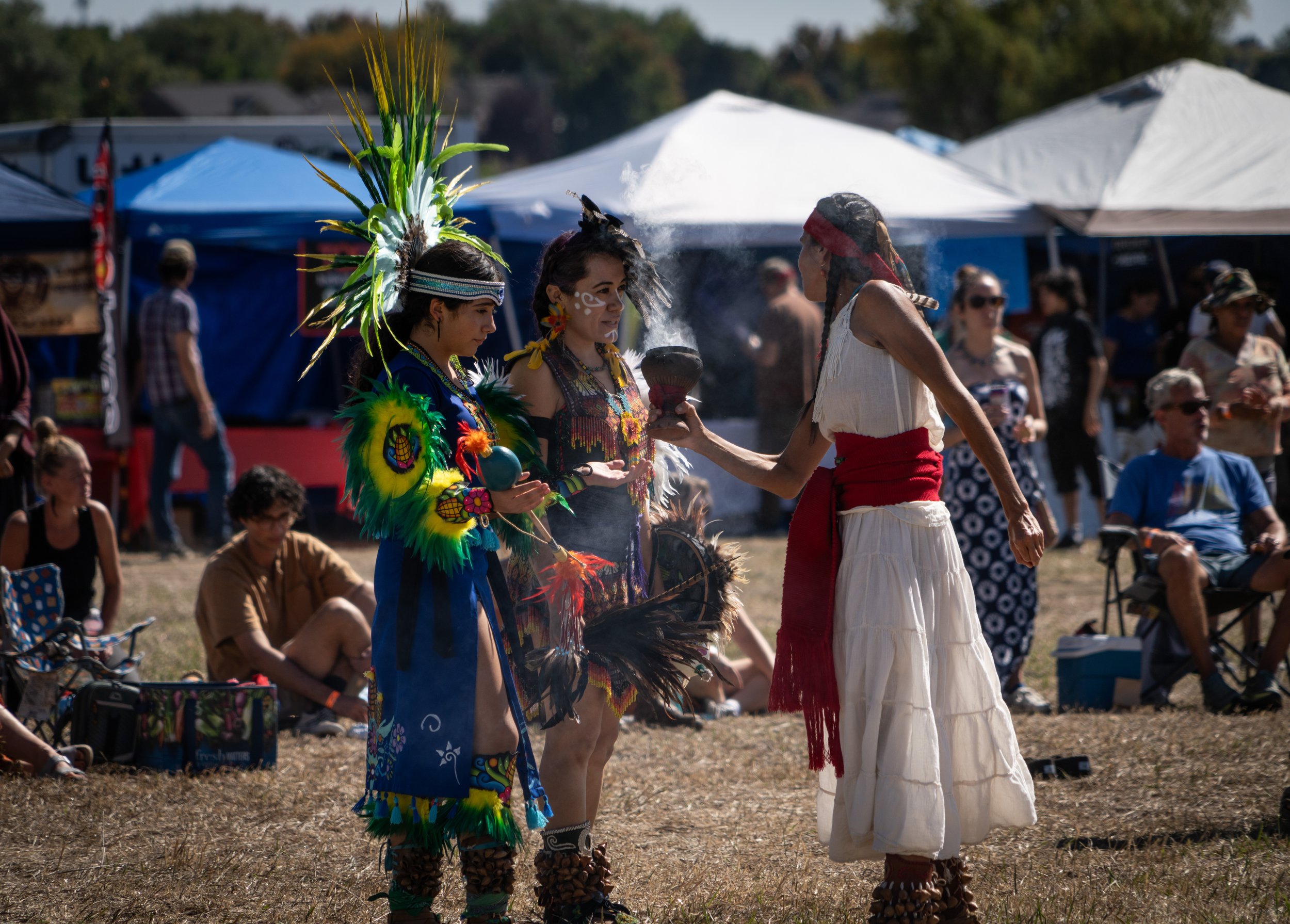
Indigenous-led collaborative empowering communities through projects and education
Facilitating systemic change through Traditional Ecological Knowledge and community empowerment
Our Mission
Harvest of All First Nations (HAFN) is focused on Indigenous-led reparations, rematriation, and Earth-based decolonization for the benefit of BIPOC+ communities for cultural education and health equity. HAFN is a grassroots community-based organization guided by the council of leaders creating change in BIPOC+ and underserved communities in the Denver/ Boulder Front Range, and beyond.
Our Vision
Our vision is to see measurable systemic changes in BIPOC+ and underserved communities by facilitating Indigenous Led Rematriation through TEK, and shifts in power through BIPOC+ and namely Indigenous representation in land access initiatives, public & private regulatory decision making councils, public & private educational sectors, and underserved community empowerment education initiatives.

What We Do / Our Impact

Cultural Education & Environmental Program
Our program fosters a deep appreciation for ancestral traditions and promotes sustainable practices for a healthier planet.
Learn More
Ancestral Womb & Postpartum Care Program
Providing holistic support grounded in ancestral wisdom for maternal health, from preconception through postpartum recovery.
Learn More
Food Justice & Sovereignty Program
Working towards equitable access to healthy, culturally appropriate food and empowering communities to control their food systems.
Learn More
The Annual Corn Festival
A vibrant celebration honoring corn as a sacred staple, fostering community bonds, and preserving indigenous agricultural heritage.
Learn Morebecome a vital part of hafn
⁎
become a vital part of hafn ⁎
Subscribe now to our newsletter and stay effortlessly updated with the latest insights and news of Harvest Of All First Nations!
Support our mission by donating today and help us continue uplifting and empowering the communities of Harvest Of All First Nations!
Our Valued Partners & Recognition
We are incredibly grateful for the collaboration and support of organizations who share our vision for Indigenous-led rematriation and decolonization. Their partnership is vital to our mission.
Notable Recognition: HAFN is honored to have been featured in several local and national publications for our impactful work in community empowerment and environmental justice.
What Our Community Says
Discover the impact of our work through the voices of those we've had the privilege to support and collaborate with.
Harvest Of All First Nations has been a transformative force in my life. The Ancestral Womb program reconnected me with traditions I thought were lost and provided a community of support I never knew I needed.
Collaborating on the Food Sovereignty project was an incredible experience. This organization doesn't just talk about change; they actively build it from the ground up, empowering everyone involved. Their leadership is vital.
The Annual Corn Festival is more than an event; it's a powerful ceremony of community, culture, and resilience. It's a joy to see generations come together to celebrate our shared heritage and a sustainable future.























